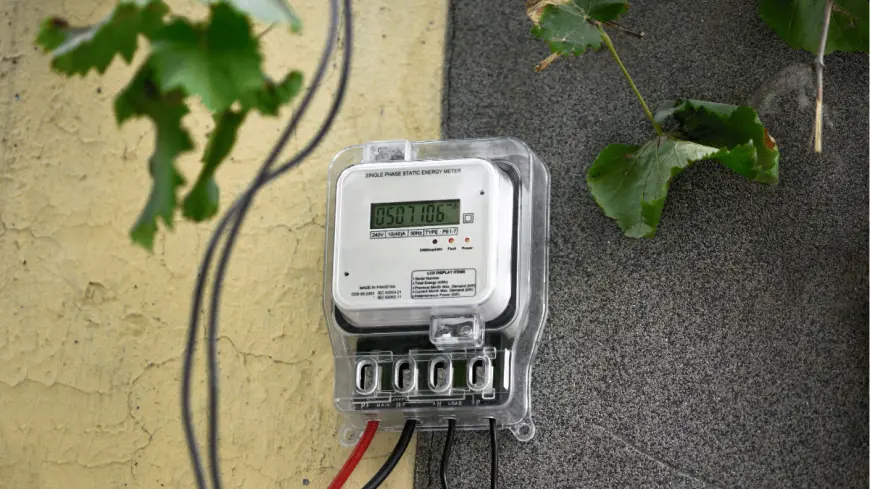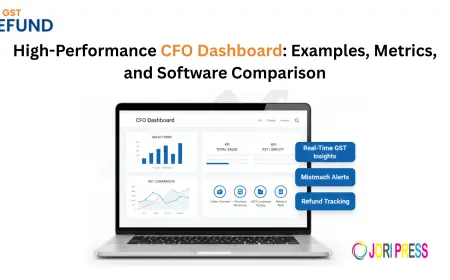Understanding the Growth of the Global Smart Electric Meter Market
Smart electric meters are electronic devices that record electricity consumption in real time and transmit that data to utility companies and consumers.

Smart Electric Meter Market: Revolutionizing Energy Monitoring and Management
- The Smart Electric Meter market is rapidly evolving as the global demand for efficient, accurate, and real-time energy management continues to rise.
- These meters are a core component of smart grids and represent a significant shift from traditional analog meters, offering advanced capabilities such as two-way communication, remote monitoring, and automated billing.
- As global energy consumption increases and the push toward sustainable energy solutions grows stronger, smart electric meters are being recognized as essential tools in modernizing electric utility infrastructure.
What Are Smart Electric Meters?
Smart electric meters are electronic devices that record electricity consumption in real time and transmit that data to utility companies and consumers. Unlike conventional meters, they:
-
Offer two-way communication between the meter and the utility provider
-
Allow for remote readings and diagnostics
-
Enable time-of-use pricing and demand response
-
Support integration with renewable energy sources and smart home systems
They are pivotal in enhancing grid reliability, optimizing energy use, and supporting consumers with real-time usage data.
Market Dynamics
Key Drivers
-
Digitalization of power grids: Utilities are upgrading infrastructure for better grid visibility and control.
-
Government initiatives and regulations: Many regions are mandating smart meter deployment to reduce losses and improve efficiency.
-
Demand for real-time consumption monitoring: Consumers want more control and insights into their energy usage.
-
Integration with renewable energy systems: Smart meters are crucial for managing distributed energy resources.
Challenges
-
High initial deployment cost
-
Cybersecurity and data privacy concerns
-
Resistance from consumers unfamiliar with new technology
-
Infrastructural readiness in developing regions
Market Segmentation
The smart electric meter market can be segmented based on:
Technology
-
Automated Meter Reading (AMR)
-
Advanced Metering Infrastructure (AMI)
Phase
-
Single Phase
-
Three Phase
End User
-
Residential
-
Commercial
-
Industrial
Region
-
North America
-
Europe
-
Asia-Pacific
-
Latin America
-
Middle East & Africa
Each of these segments plays a unique role in driving the adoption of smart metering solutions, influenced by varying regulatory environments, technological adoption, and grid modernization needs.
Technological Innovations
Smart meters are evolving with embedded intelligence, such as:
-
IoT Integration: For real-time data analytics and device connectivity.
-
Blockchain: To secure data transfer and enable peer-to-peer energy trading.
-
AI & ML: For predictive analytics and consumption forecasting.
-
Cloud Computing: For scalable data storage and analytics services.
These innovations are making smart meters not just data collectors but intelligent systems that support decision-making and automation.
Regional Insights
-
North America and Europe lead in smart meter penetration due to favorable policies, aging infrastructure, and strong utility reform.
-
Asia-Pacific is witnessing rapid growth, led by countries like China, India, and Japan investing heavily in smart grid technologies.
-
Latin America and Middle East & Africa are emerging markets, gradually exploring pilot projects and utility digitization.
Competitive Landscape
The market is highly competitive with several global and regional players focusing on:
-
Product innovation
-
Strategic partnerships with utilities
-
Geographic expansion
-
Development of cybersecurity-enhanced solutions
Leading players are investing in R&D to stay ahead in this fast-evolving sector.
The smart electric meter market is set to grow significantly as the world transitions to smarter, cleaner, and more sustainable energy systems. Upcoming trends likely to shape the market include:
-
Proliferation of smart cities
-
Decentralization of energy systems
-
Increased focus on energy equity and affordability
-
Enhanced regulatory frameworks promoting grid intelligence
The shift from reactive to proactive energy management is driving the need for smart meters that do more than just measure — they empower.
What's Your Reaction?
 Like
0
Like
0
 Dislike
0
Dislike
0
 Love
0
Love
0
 Funny
0
Funny
0
 Angry
0
Angry
0
 Sad
0
Sad
0
 Wow
0
Wow
0

















































